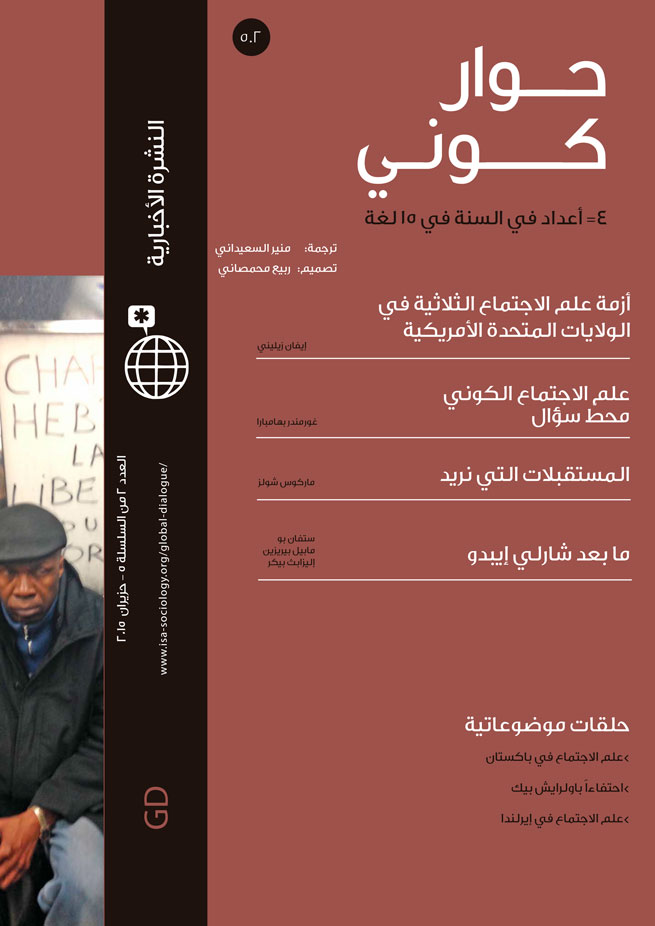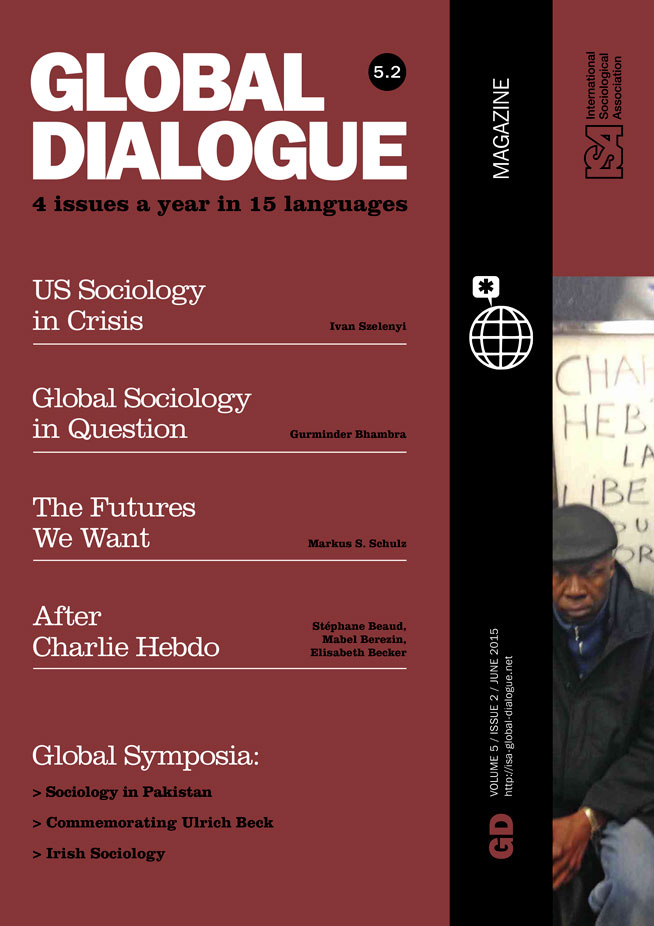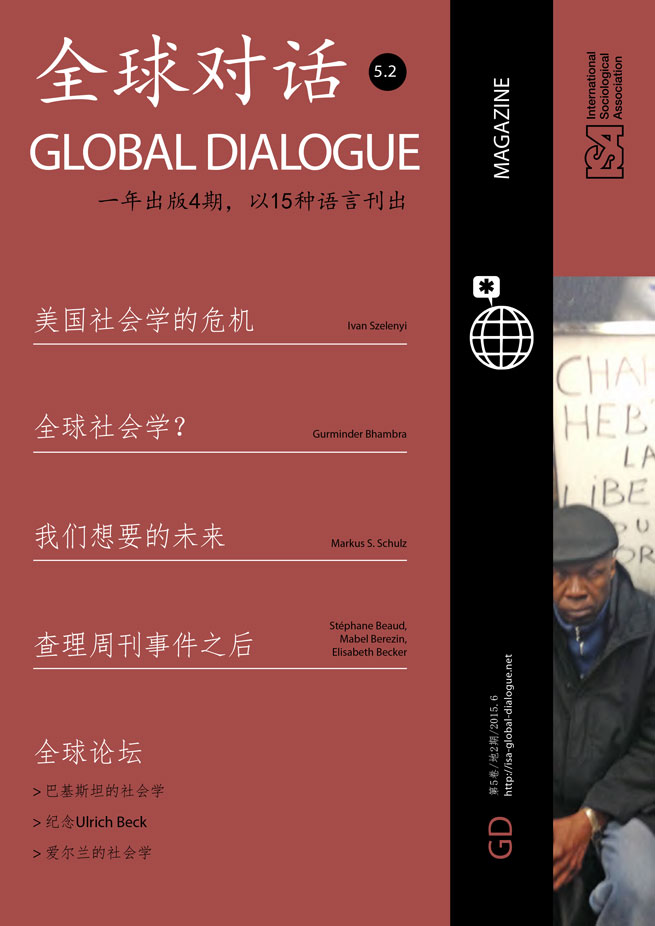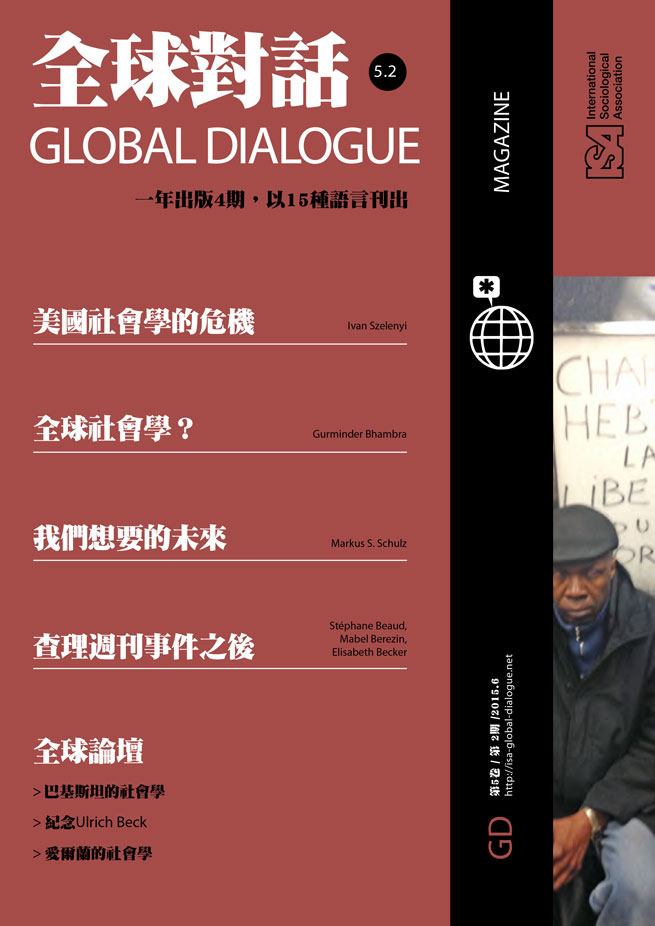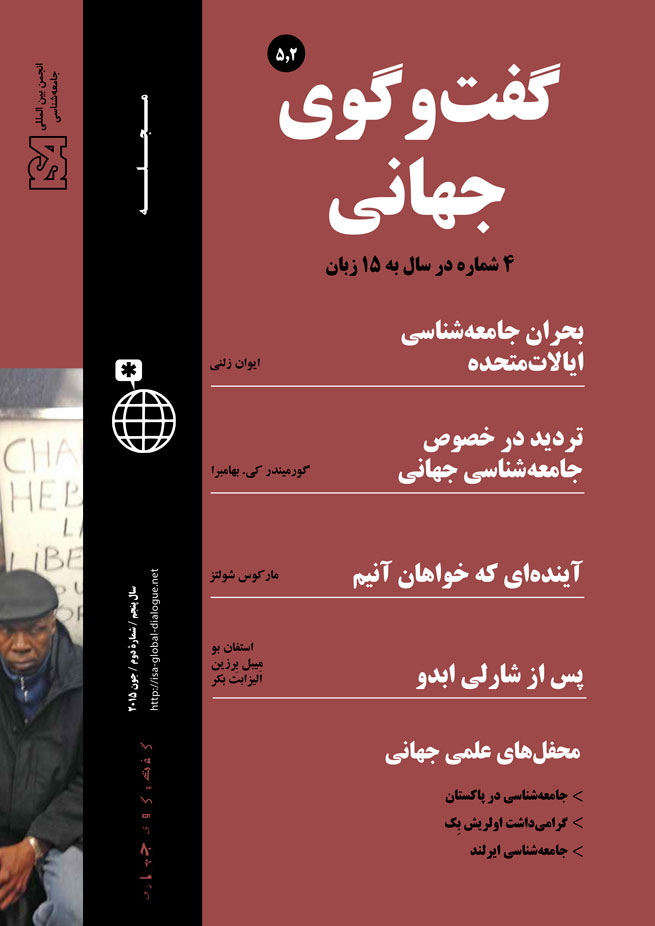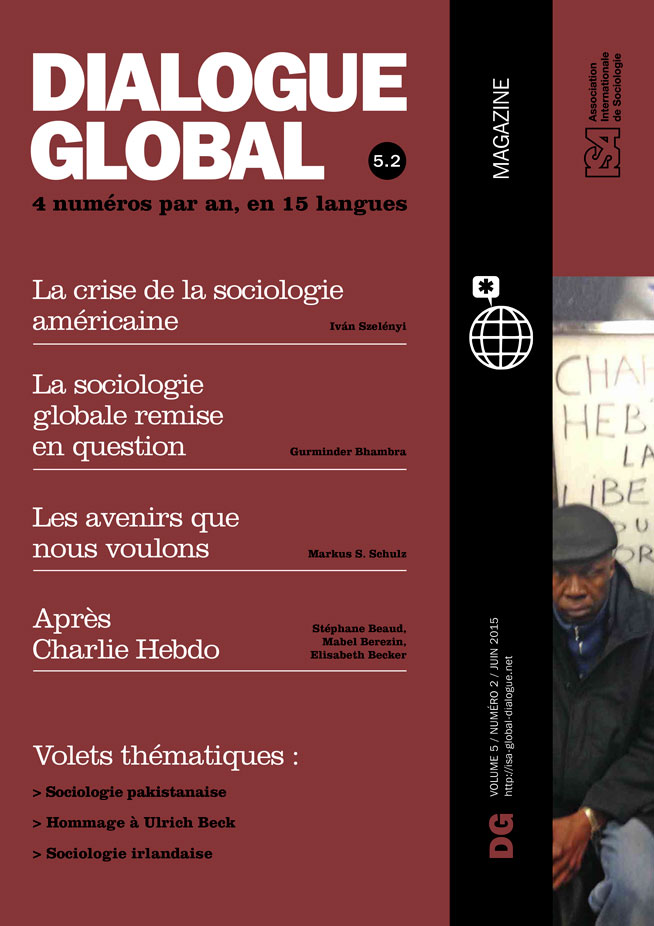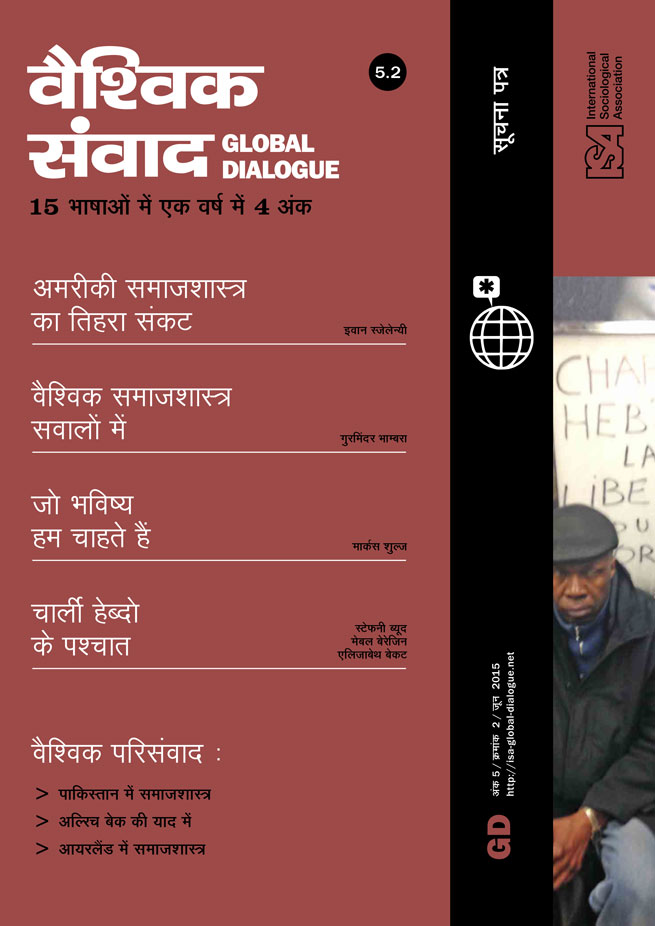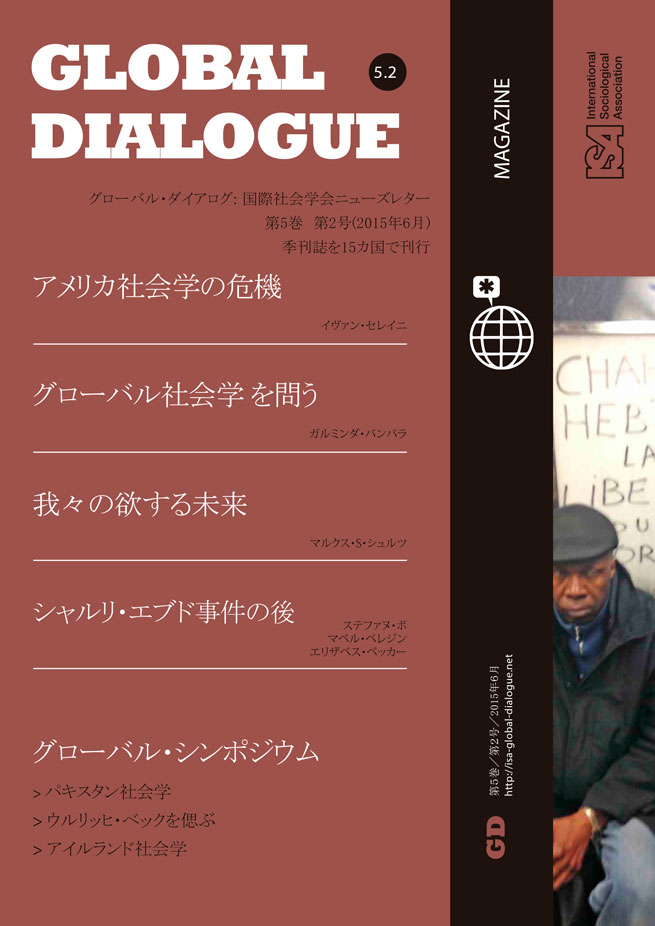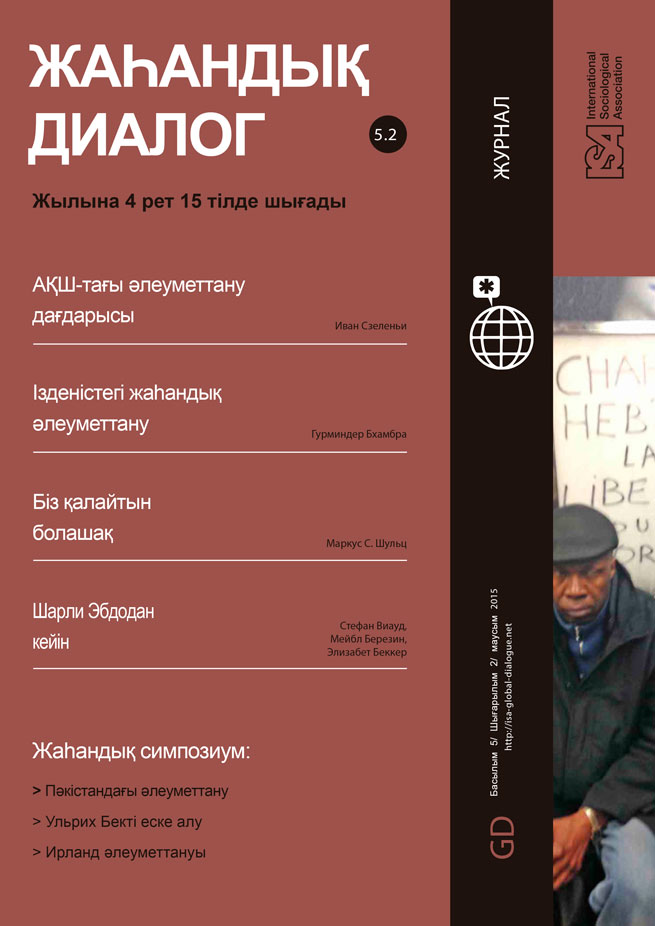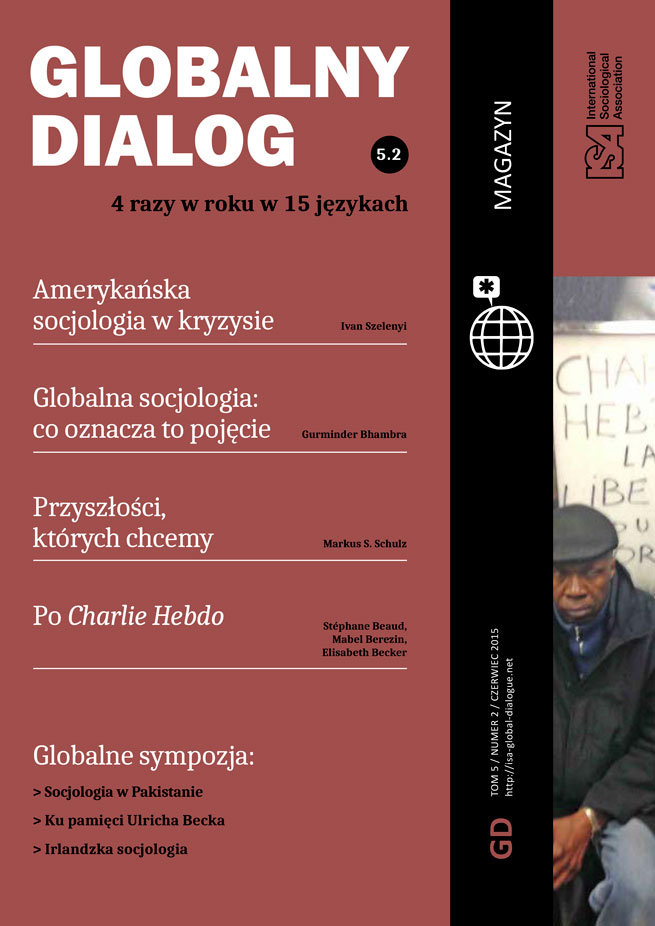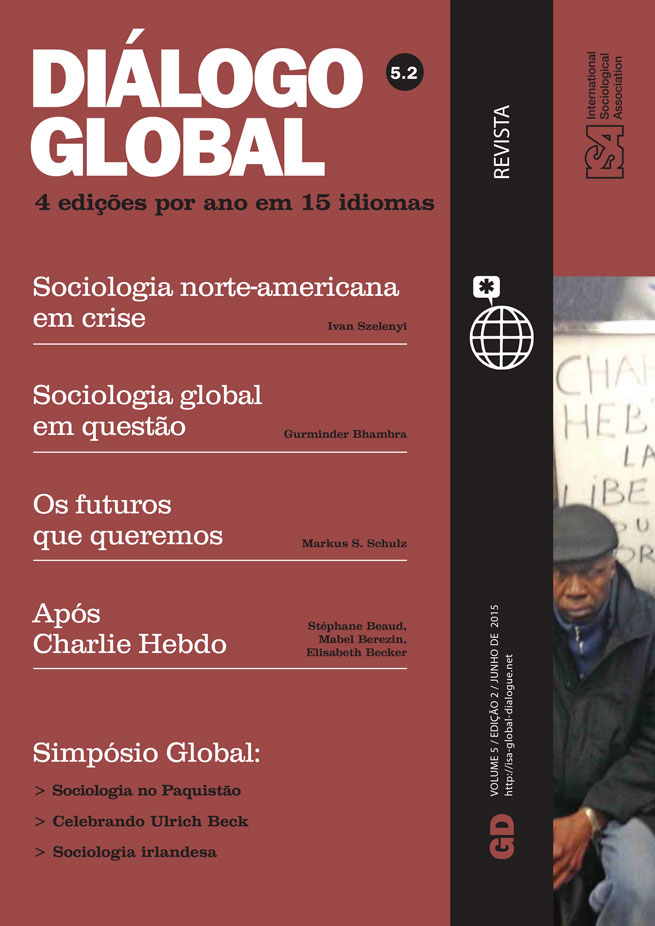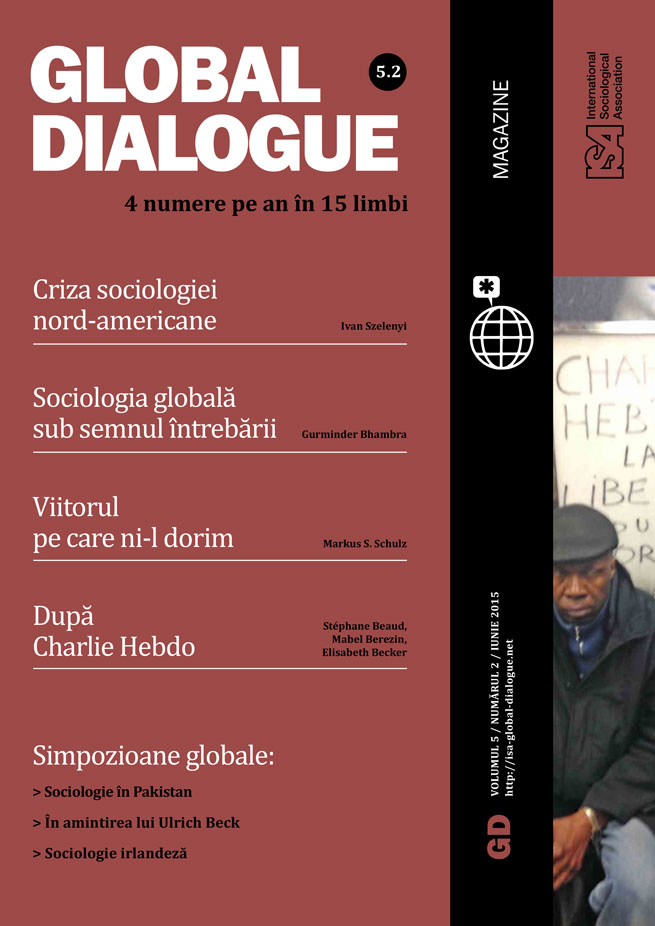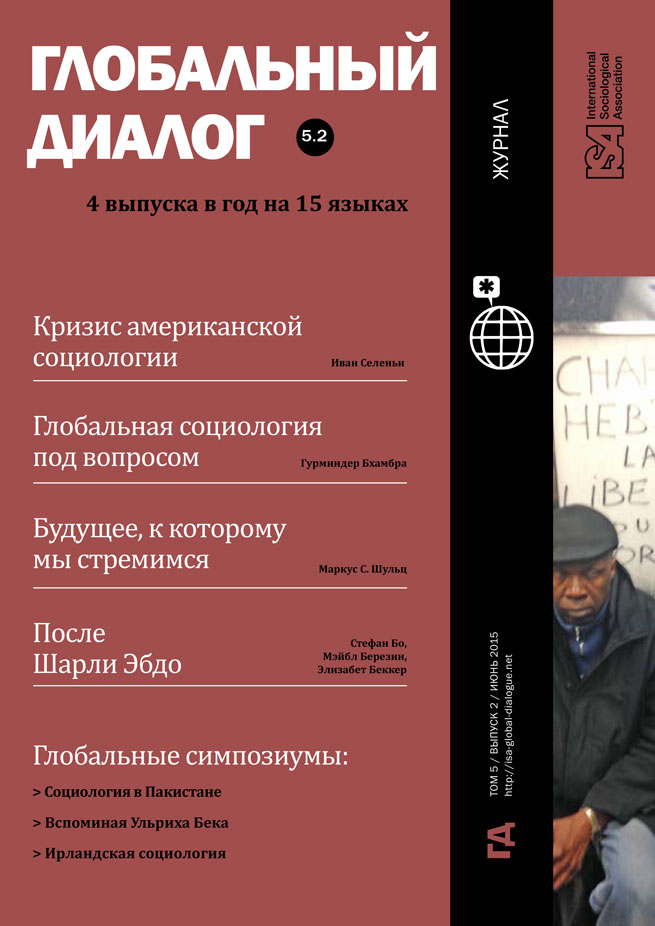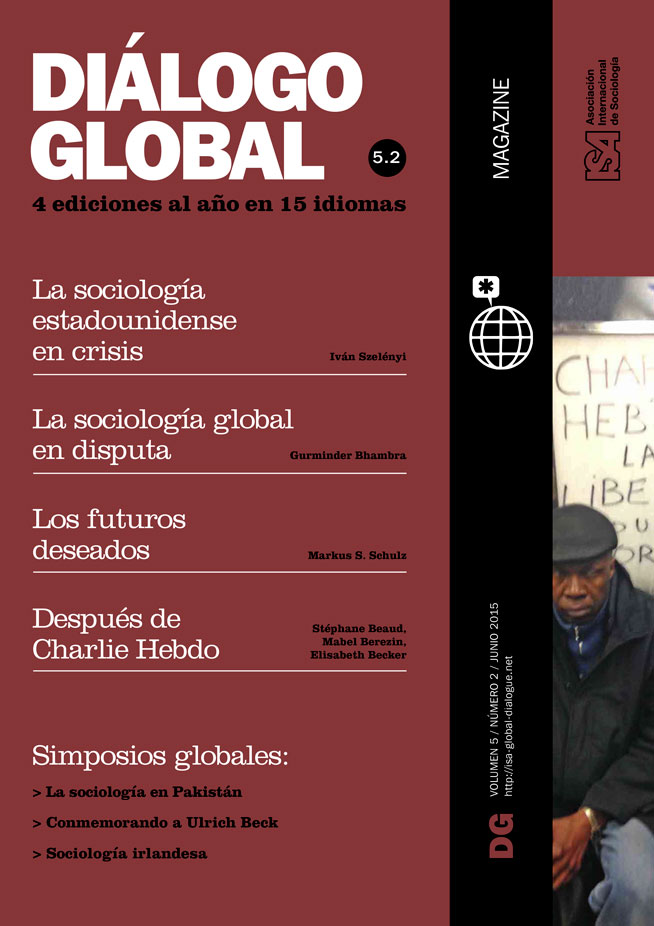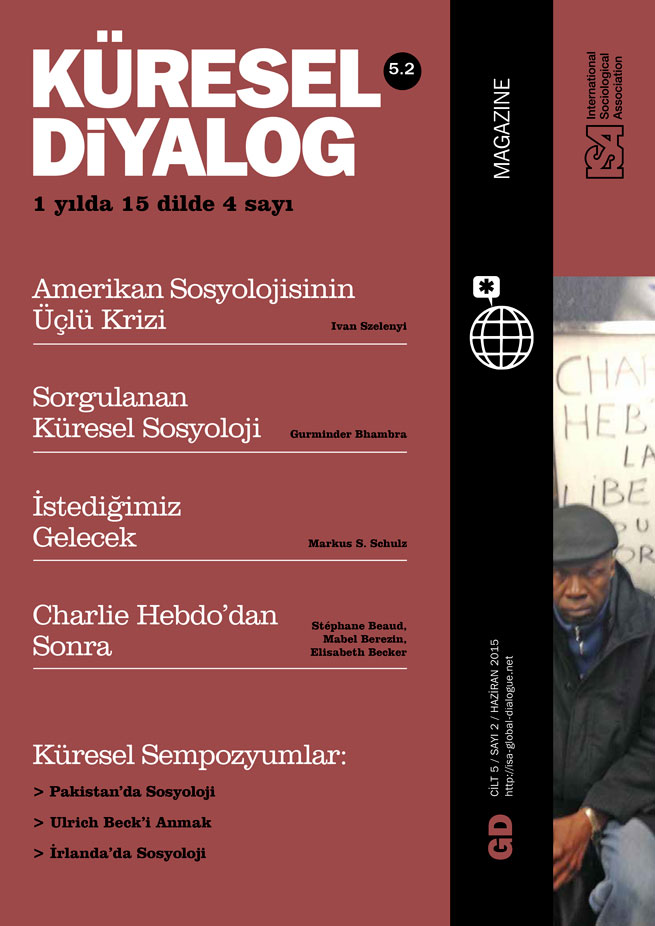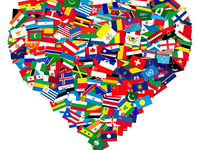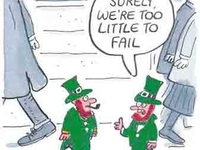The Irish Women’s Movement
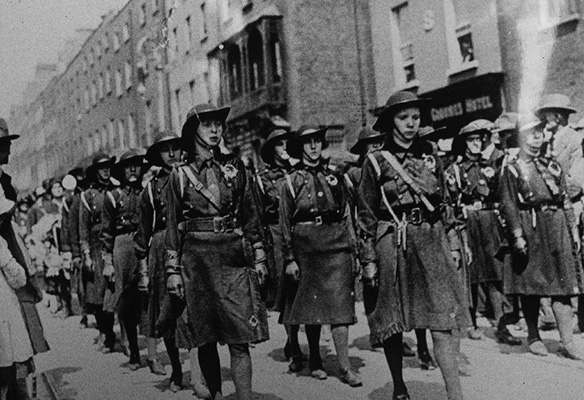
April 30, 2015
Ireland’s long history of patriarchy is matched by the ongoing evolution of its women’s movements. Today’s complex, transnational feminism finds its precursor in the colonial era. The first wave of the Irish women’s movement dates from the mid-19th century, with the franchise secured for women in 1918 while still under British colonial rule. First-wave feminists played a role in the nationalist movement, but their demands were sidelined later, during the construction of a conservative Catholic post-colonial Irish state. In the 1970s, the second wave marked a critical period of radicalism and consolidation, with important gains on issues of violence against women and women’s reproductive rights. The 1980s, in contrast, were a period of social conservatism, high unemployment and emigration, marked by a significant backlash against gains made by women’s rights advocates, including constitutional bans on divorce and abortion.
The 1990s brought a lull in feminist activism, marked by the decentralization and fragmentation of the women’s movement into a network of localized community and voluntary groups. Nonetheless, the legalization of divorce, the decriminalization of homosexuality, and increased labor force participation of women provide evidence of feminist activism and a shift in societal attitudes. During this period, feminist activists successfully publicized many previously stigmatized issues, while securing state support for equality, contraception legislation and funding for a variety of women’s services. The 1990s were also punctuated by litigation on reproductive rights through the European Courts, a strategy that had mixed results in terms of constitutional change. This third wave culminated in a movement that was increasingly professionalized and mainstreamed into a form of state feminism.
Recently, in reaction to economic recession, the resurgence of activism by the Catholic Right, and state-led austerity, new contemporary groups have emerged in the Irish context. The Irish Feminist Network (IFN), founded in 2010, aims to mobilize younger women; Pro-choice groups continue to mobilize support for reproductive rights, an issue that continues to politicize successive feminist generations. The crisis has also negatively affected women’s collective infrastructure and capacity for agency – evidenced in a series of cuts to gender-equality agencies and public services, as well as in programs supporting women and families. Remarkably, austerity’s disproportionally negative impact on gender equality coexists with relatively strong feminist political efforts, including energetic protests against the recession’s consequences for gender equity.
While global forces such as the Great Recession and the increasingly neo-liberal direction of Ireland’s developmental paradigm undoubtedly have direct implications for Irish women and Irish feminism, the role of international forces in the Irish women’s movement has been a point of debate: while some authors see the movement as homegrown, others view it as contingent on international resources. The European Union (EU) has been often characterized as an important factor in Ireland’s debates over gender equity. In the 1980s and 1990s conservative resistance to the EU’s “modernizing influence” on Ireland’s divorce and abortion laws continued to shape feminist mobilization, while EU gender-mainstreaming and the European Court of Human Rights (ECHR) have more recently opened opportunities for feminist advocacy and the gender equality paradigm. In the Irish politics of gender, comparisons to Europe provided greater legitimacy to feminists who challenged national policy. On the other hand, of course, domestic Irish feminist activism has been crucial: the Europeanization of Irish gender equality policy and substantive progress have been achieved through protest, lobbying and litigation. In 2014 over 30 pieces of Irish legislation with a bearing on gender equality had origins in EU membership. The EU has also offered feminist groups the opportunity to work transnationally as members of pan-European women’s organizations such as the European Women’s Lobby.
However, the EU does not offer a panacea for deeply-rooted and pervasive gender inequality in Irish society: at the European level, gender equity policies remain focused on wage-earning female European citizens. It can be argued that the EU today offers fewer opportunities for advancing gender equality in the Irish context than it did in the past, as pressure towards de-gendering is common at both the national and EU level. Similarly, neo-liberal concerns with the rights of individuals and efficiency of organizations and markets combine to support “equal opportunity” strategies, which may erode old gender divisions but have also reconfigured gender relations, sometimes creating new burdens for women. In the Irish case, improvements in women’s “human capital” and their participation in paid employment are seen as hallmarks of progress, but too often, social reproduction, caring, structural discrimination, or power imbalances between women and men remain outside the accepted framework.
Beyond the EU, Irish feminist groups have long sought to pressure the Irish state through UN monitoring processes for international conventions, including the Convention on the Elimination of Discrimination against Women (CEDAW) and the Beijing platform. The 2014 International Committee on Civil and Political Rights report on Ireland strongly recommended action on gender equality and greater participation of women.
Ireland continues to rank low in terms of women’s representation in economic, political and public life, and arguments for including women in senior political and economic decision-making roles remain relevant, as do calls for changing Ireland’s patriarchal political culture. Nevertheless, the success of the Irish economy during the Celtic Tiger era and the success of the women’s movement have opened new possibilities. Irish feminisms today are best understood as complex, adaptive and differentiated; characterized by a capacity to engage with a range of social, cultural and political perspectives; and entangled with a variety of local, national and transnational movements. Even on this complex ground, feminist political agency remains crucial to realizing gender equality.
Pauline Cullen, National University of Ireland Maynooth, Ireland <Pauline.Cullen@nuim.ie>

